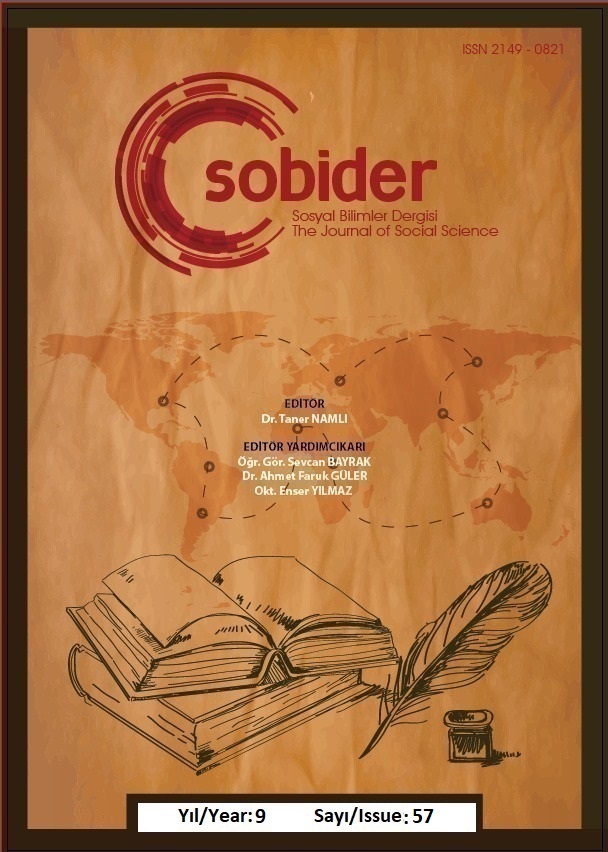Author :
Abstract
Fıkıh ilmi, kişinin gerek yaratıcısı gerekse diğer insanlarla ilişkisini düzenleyen, bu anlamda ibâdetler ve muâmelatı (hukuku) içinde barındıran bir ilimdir. Sahip olduğu bu özellikler sebebiyle de tarih boyunca İslâm toplumlarının hayatına yön vermiş disiplinlerin başında gelmiştir. Bu ilmin temeli vahye dayanır. Beşer çabasıyla sistemleştirilip geliştirilmiştir. Zamanın geçmesiyle hukuki problemler çoğalsa da fıkıh usûlü kendi dinamizmi içerisinde bu meselelere çözüm üretmiş ve cevap veregelmiştir. Zira toplumda yeni ortaya çıkan fıkhî problemlerinin çözümü için içtihâd İslâm hukukçuları üzerine hem dini bir görev hem de pratik hayatın bir zarureti haline gelmiştir. Bu anlamda bugün yapılması gerekenlerin başında nitelikli âlimleri yetiştirecek kurumların oluşturulması, içtihâd şartlarının yeniden değerlendirilmesi, ferdi içtihâd yanında kolektif içtihâdı sağlayacak kurumların işlettirilmesidir. Biz de bu çalışmamızda çağdaş problemlerin karşısında İslâm Hukukunun yapısı ve dinamizmi hakkında bir tahlil yapmayı amaçladık.
Keywords
Abstract
The science of fiqh is a science that regulates a person's relationship with both his creator and other people, and in this sense includes worship and transaction (law). Due to these features it has, it has been one of the disciplines that have guided the life of Islamic societies throughout history. The foundation of this science is based on revelation. It has been systematized and developed by human effort. Even though legal problems have increased with the passage of time, the fiqh method has produced solutions and answered these issues within its own dynamism. Because ijtihad has become both a religious duty and a necessity of practical life on Islamic jurists for the solution of newly emerged fiqh problems in society. In this sense, the most important thing to do today is to establish institutions that will train qualified scholars, to re-evaluate the conditions of ijtihad, to run institutions that will provide collective jurisprudence as well as individual jurisprudence. In this study, we aimed to analyze the structure and dynamism of Islamic Law in the face of contemporary problems.





